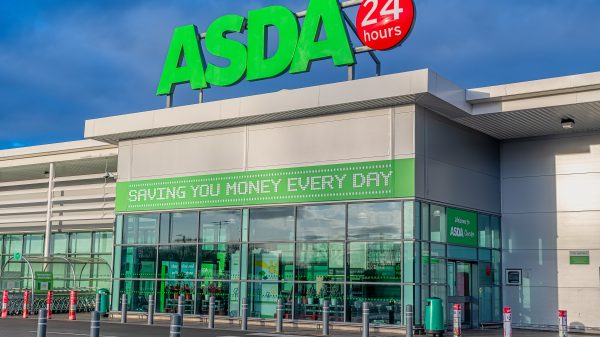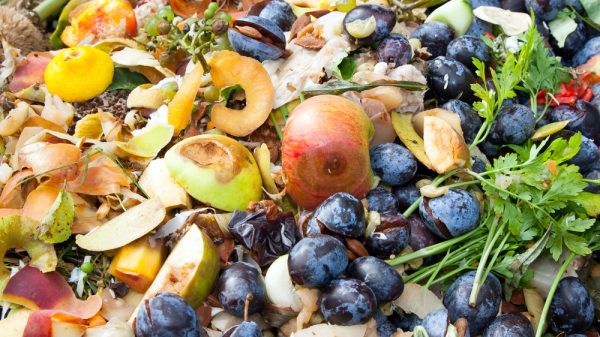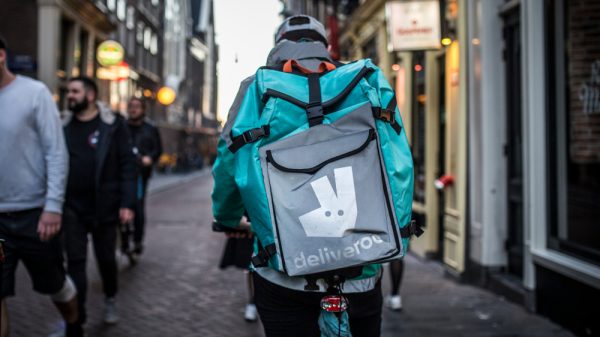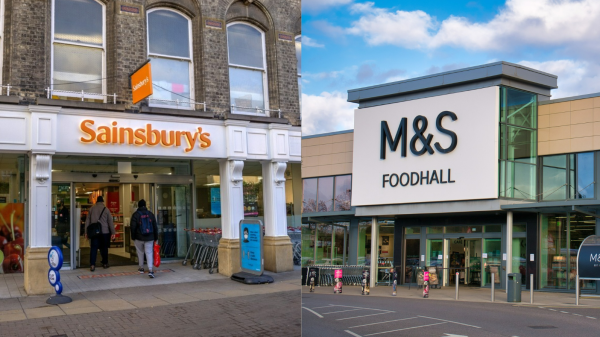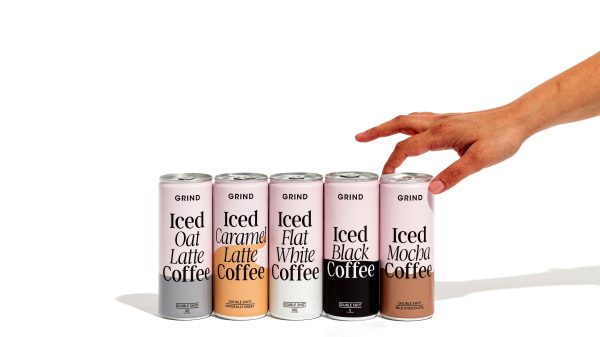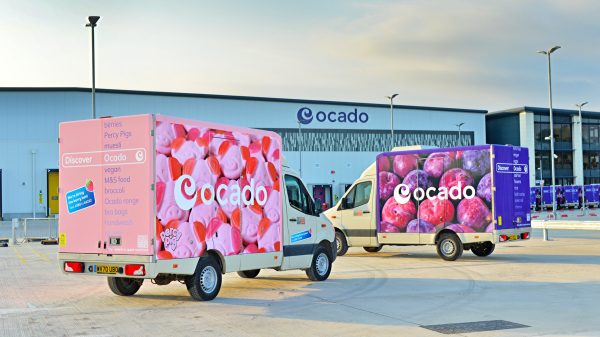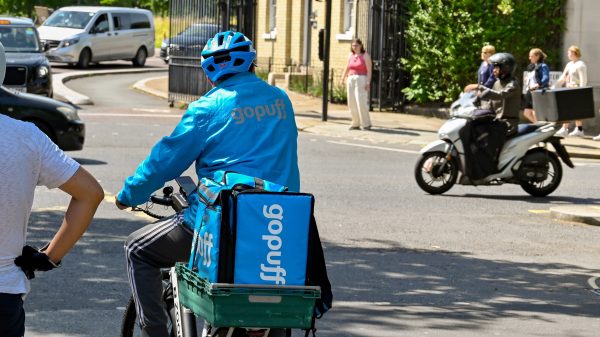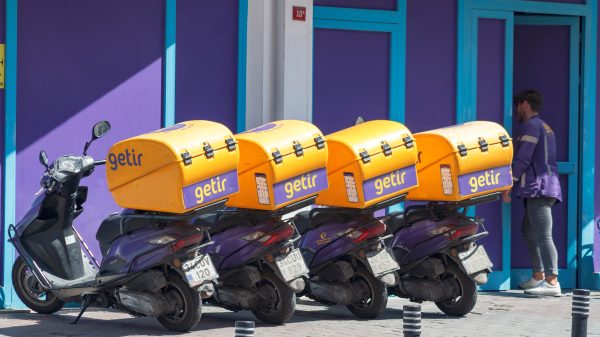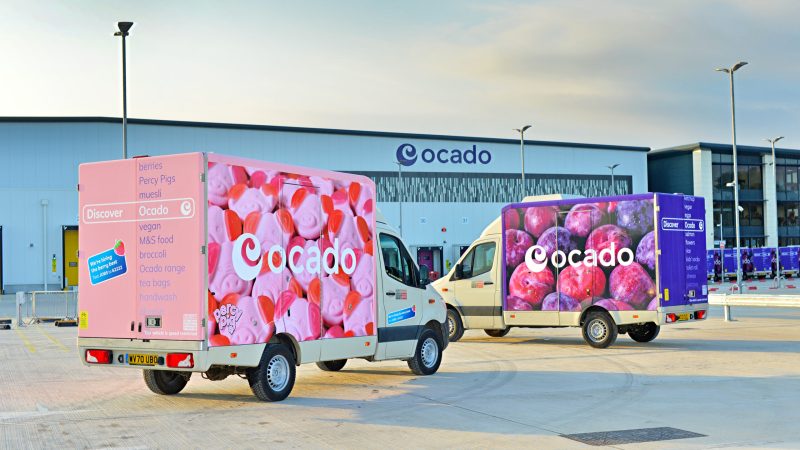With rolling announcements updating the grocery sector on Iceland delaying its palm oil and plastic pledges it’s time to look behind the scenes to discuss the frozen food retailer’s supply chain challenges.
Pin-pointing the key challenges facing the industry, Iceland’s supply chain has endured labour shortages, stringent border control and inflationary pressures.
Grocery Gazette speaks to Iceland’s supply chain director Steve Pennington and GXO business unit director Martin Atkinson to find out more about the most significant supply chain challenges it has faced over the last few years, from Covid-19 to the Ukraine crisis.
Covid-19 supply chain challenges
Taking it back a couple of years, Pennington recounted the challenges of the first Covid-19 lockdown in the UK comparing it to the intensity and high demand of “Christmas sales, but without any preparation, no opportunity to increase your staff”.
“With Christmas, we knew the end date was December the 24th, but with the lockdown, there were no end dates, and we worked flat out for quite literally months,” Pennington said.
“I think the biggest challenge was trying to get all that additional stock into stores by getting more headcount into depots in particular.”
Organising labour also proved to be “tricky in the early days”, Atkinson added, referring to having to move workers across depots to account for rising case numbers and absences.
“What you did also have is a bit of a divide in the country, people that could stay home and people could go to depots and work in a vital supply chain,” the GXO Business Unit director explained.
“So thankfully most colleagues in the grocery industry realised they were providing critical service.”
READ MORE: Iceland removes plastic and palm oil
pledges from website following criticism
Brexit and the Irish border
In terms of Brexit regulations affecting the supply chain, Atkinson cited an accumulation of inflationary pressures and legislative adaptations claiming it “wasn’t just Brexit”.
“You’ve got released a pandemic and a releasing the economy, with people with a lot of money in their pockets. And then you then you have a shortage of labour and change of legislation,” he said.
“What that actually led to in logistics is a shortage of drivers, then quickly followed into a shortage of staff.”
According to Atkinson, a clear change has been the type of labour available with a loss of “skilled grocery people” moving “back to European countries”, resulting in GXO taking trade from other industries that are inexperienced in warehouse operations.
“Therefore, what we have seen over the last year or so is a decline in productivity, because we haven’t recruited people are experienced. But now we’re seeing an uptick of that again,” he explained.
In addition to labour shortages, Pennington discussed the impact of paperwork in supplier communication, explaining that European providers who didn’t fill out the documents properly would have their produce “stuck at the border”.
“We were sat there waiting, particularly with one ice cream supplier who just simply couldn’t get the paperwork, right,” the Iceland supply chain director recalled.
“And you had stock just building up and building up the other side of the Channel Tunnel and in France.”
He also specified the complexities of the Irish border, explaining the “certification was very time consuming” as it had cost “an additional amount of money and not only for us to get vets to certify the stock, but also on the border checks in Ireland.”
As a result, Iceland opened a depot in Ireland to facilitate the move within the EU to direct supply from Belgium and France across the water and around the UK.
“We did lose some European suppliers,” Pennington admitted, “But I think that what we’ve actually done is gone more with the dual supply of UK and European supply for a couple of reasons – you don’t have a single point of failure because you can feed off either supplier.”
READ MORE: Iceland misses plastic neutral goal as
Richard Walker says he cannot ‘achieve the impossible‘
Ukraine and inflationary pressures
“Initially the biggest issue was around oil, vegetable oil, sunflower oil – that became a commodity that was really in short supply,” Pennington said.
“But I think the other part is the on cost. Everything has gone up, everything that you could imagine it’s got made with oil, and it’s not just cooking oil that people deep fry things in. A lot of oil goes into things like ready meals goes into coating chips – all that cost has gone up.”
Referencing Iceland’s managing director’s announcement to reintroduce palm oil into production after its 2018 ban, the supply chain director reaffirmed that the cost of alternatives were just too high.
Looking at the larger picture, of overlapping and inter-connected pressures Atkinson added it has led grocery to look “at how we can take cost out of the supply chain, in a pragmatic approach, whether that’s reducing frequency, changing windows, looking at how we can drive productivity differently”.
“In the short term, we really have looked at service and seeing where we can maximise vehicles, and definitely look to leverage any collaboration,” he explained.
In terms of passing costs to consumers, Pennington confirmed that increases in the cost of materials and ingredients have seen increases of prices on the shop floor.
However, the frozen retailer has allowed rises in energy and fuel to hit their profits as they use “a lot of electricity” in their thousands of stores filled with dozens of freezers.
“The cost is absolutely skyrocketed, so it’s trebled in price, it is a real problem to us. We also have a massive online and home delivery service, which is obviously reliant on fuel,” he said.
Despite efforts to minimise costs such as buying fuel in chunks ahead of time, the retailer has not seen a “great deal of saving against what you’d expect two, three, four years ago.”
READ MORE: Iceland boss Richard Walker urges businesses to ‘step up and do more’ amid cost-of-living woes
Hesitant to reveal its automation and sustainably projects currently underway, the frozen retailer hinted at warehouse innovations that would be the first of their kind in the UK.
Pennington briefly mentioned trials involving eco-friendly vehicles to address the high environmental cost of refrigeration, and technological advances in warehouses that wouldn’t “replace” or minimise headcount and create a safer, more efficient and sustainable work environment.
“We’re looking to make sure that we’ve got something for the future, and we can grow our business in a challenging environment without impacting those people, we will keep the headcount without a shadow of a doubt,” Pennington concluded.
Click here to sign up to Grocery Gazette’s free daily email newsletter

